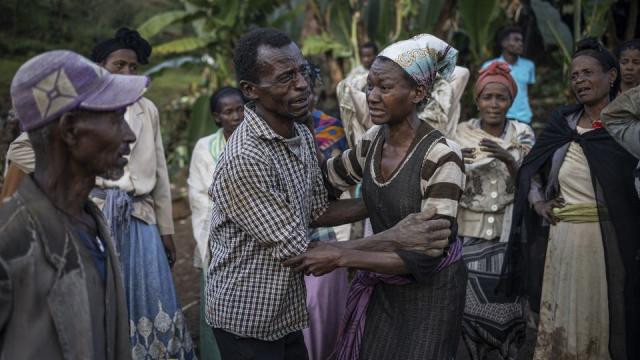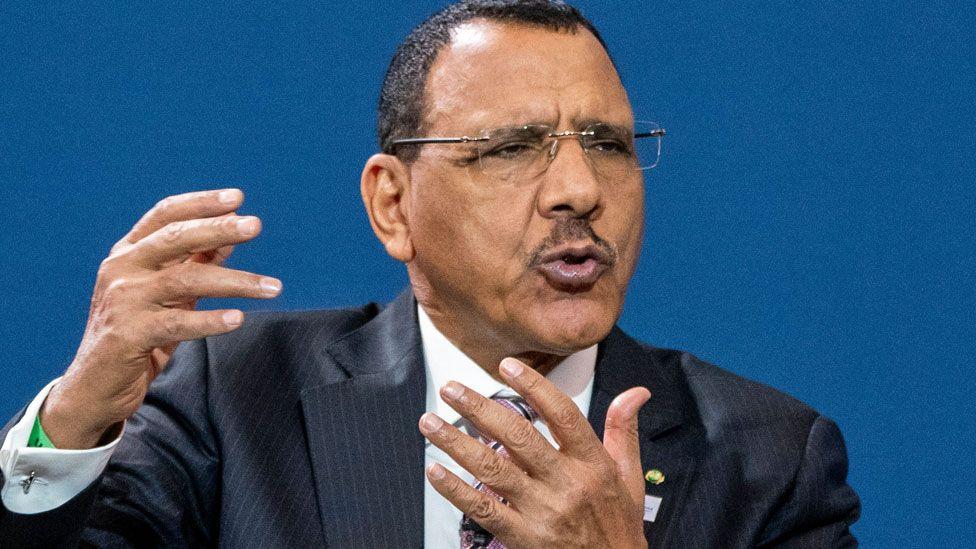
Africa is a continent of contrasts. It encompasses some of the world’s fastest-growing economies and vibrant cultural diversity, while also facing significant socio-economic disparities and health challenges. These variations extend to the happiness levels of its inhabitants.
The World Happiness Report, which assesses global well-being, reveals that several African nations consistently rank among the happiest in the world. These countries often share common attributes such as strong social support networks, a sense of community, and positive perceptions of personal freedom.
Happiness Leaders
One of Africa’s happiness leaders is Mauritius, which consistently ranks as the happiest nation on the continent. The small island nation in the Indian Ocean boasts a high standard of living, political stability, and a diverse, multicultural society.
Other African nations like Nigeria, South Africa, and Ghana also perform well in happiness rankings. These countries have made significant progress in recent years in terms of economic development, governance, and access to education and healthcare.
Challenges to Happiness
While many African nations are making strides in promoting happiness and well-being, challenges persist. Several factors contribute to this complex landscape:
- Economic Inequality: Income inequality remains a significant issue in many African countries, leading to disparities in access to education, healthcare, and basic services.
- Healthcare and Disease Burden: The continent faces health challenges such as the prevalence of infectious diseases like HIV/AIDS and the ongoing fight against non-communicable diseases. Access to quality healthcare is a key determinant of happiness.
- Conflict and Political Instability: Political unrest and conflict in certain regions of Africa can undermine the well-being of citizens. Insecure environments lead to a lack of trust in institutions and can erode the social fabric.
Resilience and Community
In the face of these challenges, African communities often demonstrate remarkable resilience and social cohesion. The strength of extended families and close-knit communities plays a crucial role in providing emotional support and a sense of belonging, contributing to happiness levels.
Additionally, many African nations are making concerted efforts to address issues like poverty, inequality, and healthcare access. These initiatives, combined with the region’s youthful demographic, hold the promise of a brighter and happier future.
Looking Ahead
Africa’s pursuit of happiness is a multifaceted journey, with both remarkable successes and ongoing challenges. The continent’s commitment to addressing issues of inequality, health, and governance is a testament to its determination to create a better quality of life for its people.
As Africa continues to develop and evolve, it serves as a dynamic example of how happiness can be achieved through resilience, community, and the pursuit of a brighter, more equitable future. The pursuit of happiness is not just a goal; it’s a testament to the enduring spirit of Africa and its people.




